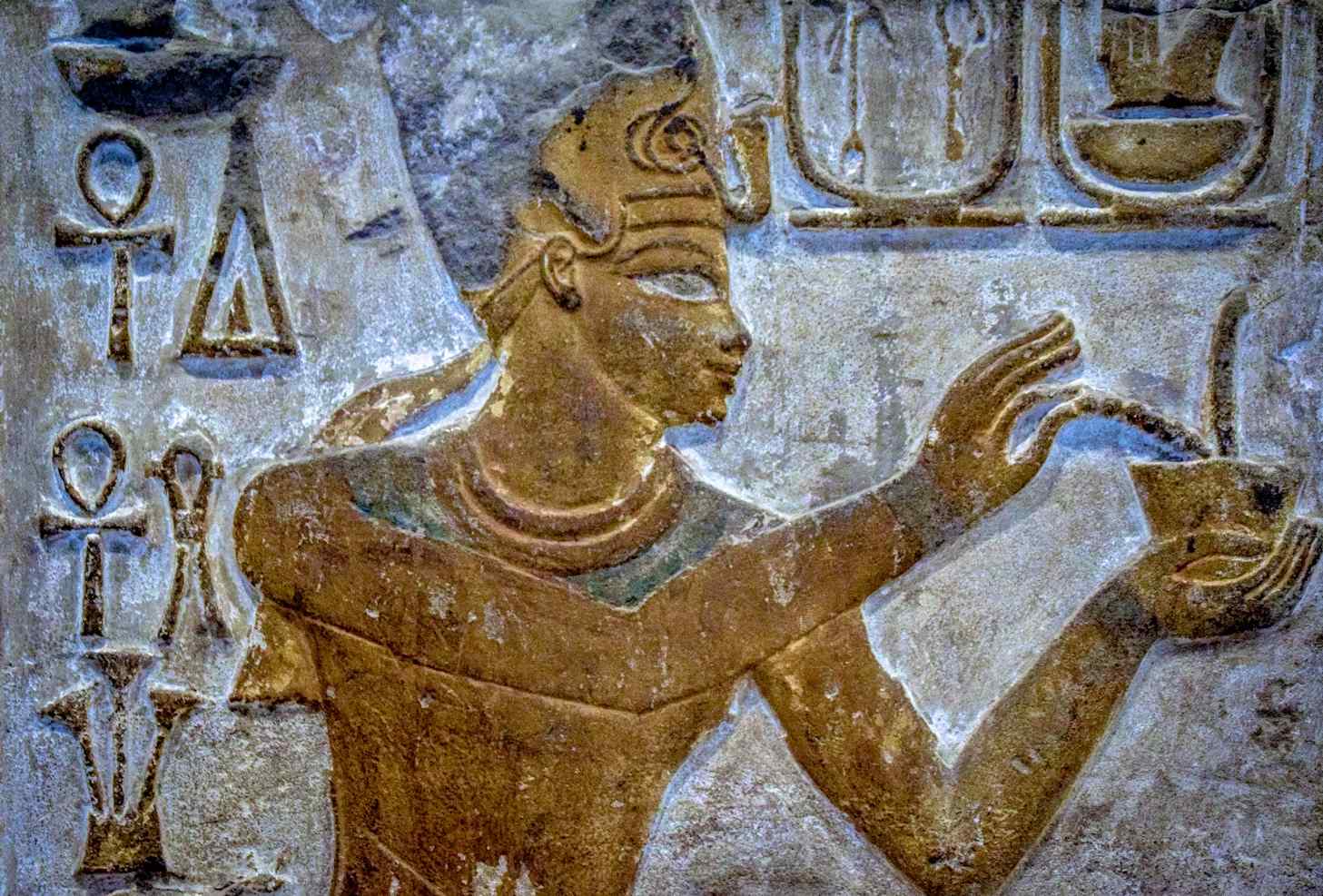The biblical account of God hardening Pharaoh’s heart during the Exodus story is a complex and often misunderstood event. However, the Scriptures provide clear explanations for why God took this action.
Contents
1. Pharaoh Was Already Ungodly and Defiant
Firstly, it is important to understand that Pharaoh was not an innocent or righteous man. He was the brutal dictator of Egypt who had enslaved the Israelites for 400 years, even ordering the murder of their infant sons (Exodus 1:16)
READ: Most Beautiful Women in the bible
Pharaoh had already demonstrated his hardness of heart and unwillingness to submit to the Lord. When Moses first approached Pharaoh and demanded that he let the Israelites go, Pharaoh responded, “Who is the Lord, that I should obey him and let Israel go? I do not know the Lord and I will not let Israel go” (Exodus 5:2). This defiant attitude showed that Pharaoh’s heart was already hardened against God.
2. Pharaoh Hardened His Own Heart First
As the confrontation between Pharaoh and Moses continued, the Bible records that “Pharaoh hardened his heart” multiple times, refusing to let the Israelites go (Exodus 8:15, 8:32, 9:34).
It was only after these repeated acts of rebellion that the Scripture states “the Lord hardened Pharaoh’s heart” (Exodus 9:12, 10:20, 10:27, 11:10, 14:8). God’s hardening of Pharaoh’s heart was not an arbitrary act, but a judicial response to Pharaoh’s persistent rebellion.
As one commentator explains, “God did not bypass Pharaoh’s free will or force him to harden his heart against his will. Pharaoh hardened his own heart as a reaction to God’s power and will”.
READ: The Ways God Leads You to Your Partner
3. God Hardened Pharaoh’s Heart to Demonstrate His Power and Glory
The reason God hardened Pharaoh’s heart was to demonstrate His power and glory to both the Egyptians and the Israelites.
As the Lord told Moses, “But I will harden Pharaoh’s heart, and though I multiply my signs and wonders in the land of Egypt, Pharaoh will not listen to you. Then I will lay my hand on Egypt and bring my hosts, my people the children of Israel, out of the land of Egypt by great acts of judgment” (Exodus 7:3-4)
.God’s purpose in hardening Pharaoh’s heart was not to force him to sin, but to reveal His sovereignty and might. As the apostle Paul explains in Romans 9:17, “For the Scripture says to Pharaoh, ‘For this very purpose I have raised you up, that I might show my power in you, and that my name might be proclaimed in all the earth.'”
In other words, God used Pharaoh’s own stubborn rebellion to bring about His plan to deliver the Israelites from slavery and demonstrate His supreme authority over all other gods and powers. The plagues that followed were not unjust punishments, but divine judgments on Egypt’s false gods and Pharaoh’s prideful refusal to submit to the one true God.
Similar Cases of God Hardening Hearts
The pattern of God hardening a person’s heart in response to their rebellion is not unique to Pharaoh. A similar dynamic is seen in the life of King Sihon of the Amorites.
When the Israelites requested passage through his land, “But Sihon the king of Heshbon would not let us pass by him, for the Lord your God hardened his spirit and made his heart obstinate, that he might give him into your hand” (Deuteronomy 2:30).
READ: What it Means To Save A Drowning Victim in the Dream
Likewise, in the New Testament, the apostle Paul warns that when people persistently reject the truth about God, “God gave them up to a debased mind to do what ought not to be done” (Romans 1:28). In these cases, God’s “hardening” is not an arbitrary act, but a judicial response to human rebellion and rejection of Him.
FAQ
If God hardened Pharaoh’s heart, how can Pharaoh be held morally responsible?
While God did harden Pharaoh’s heart, the biblical account makes clear that Pharaoh was already hardening his own heart in defiance of God before the Lord intervened (Exodus 8:15, 8:32, 9:34).
Pharaoh was not an innocent victim, but a wicked ruler who had enslaved and oppressed the Israelites. God’s hardening of Pharaoh’s heart did not bypass his free will or force him to sin against his desires.
Rather, it was a judicial response to Pharaoh’s persistent rebellion, allowing him to experience the full consequences of his actions.
Why didn’t God just convert Pharaoh instead of hardening his heart?
The Scriptures make clear that God is not willing that any should perish but desires all people to come to repentance (2 Peter 3:9).
However, the Bible also teaches that God allows people to freely choose to reject him and that He will not force anyone to believe against their will.
In Pharaoh’s case, he had already demonstrated his hardness of heart and unwillingness to submit to the Lord. God gave Pharaoh multiple opportunities to repent, but Pharaoh stubbornly refused. At that point, God hardened Pharaoh’s heart further, not to force him to sin, but to bring about His greater purposes of deliverance and judgment.
READ: What is the Bible’s Position on Breast-Touching Before Marriage?
Doesn’t God’s hardening of Pharaoh’s heart make Him unjust?
No, God’s hardening of Pharaoh’s heart was not unjust. Pharaoh was already an evil, wicked ruler who had enslaved and oppressed the Israelites for centuries.
The plagues that followed were not arbitrary punishments, but divine judgments on Egypt’s false gods and Pharaoh’s prideful refusal to submit to the one true God.
Furthermore, the Scriptures make clear that all people have sinned against God and deserve His just judgment (Romans 3:23, 6:23). God’s hardening of Pharaoh was an act of mercy, as it could have been just for Him to destroy Egypt rather than bring the plagues

